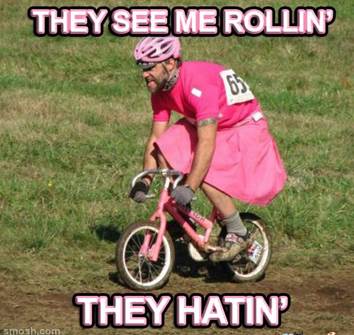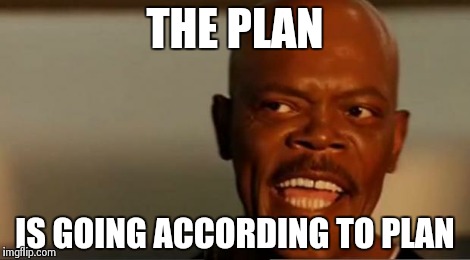Hi folks,
Earlier this week, I was on my typical commute – riding my bike over the 14th street bridge, passing the Jefferson Monument, and riding up 15th street towards the office.

At 15th and Independence, there’s a young girl standing at the corner – alone and sobbing. I ask if she’s okay and she says “no, I lost my phone and I don’t know where my parents are.” Not good. So I hop off my bike and start to try and help. Over the course of the next few minutes, I do a couple things:
- Look around for people who look like they’ve lost a kid.
- Ask her a bunch of questions to try and get her calm and focused on something other than being lost and losing her phone.
- Walk her to the Washington Monument to find a cop or park ranger. (fail – they don’t open until 9am)
- Walk back towards higher ground to try and spot her family.
So far, I’m not doing a great job. Yes, she’s no longer alone and scared, but she’s not with her family and we haven’t made any real progress. It was only after about 5 minutes that I realize what I should have asked immediately: “Do you know your parent’s phone number?”

Yeah, I know.
So she calls, her sister comes and finds her, and all is well. I ride off to work and think about how I could have handled that better. While I did some things right, there’s a bunch of things I did wrong:
- I didn’t use all the tools at my disposal (read: my phone)
- I didn’t ask in what direction her parents were headed
- I tried to solve the problem myself without recruiting help
- I didn’t pause and think through my plan before trying to execute
In this case, no real harm done. But it highlighted to me the value of developing scenarios and practicing for them. I’ve never had to help a lost kid before, so I was reacting on the fly rather than following a plan. In a workplace analog, this could have been, say, a compromise of our systems. If we didn’t have a plan, we’d be making stuff up as we go along, flailing about and likely failing to direct the desired outcome. The same is true for most of what we do. Our best chance to realize our desired outcome is by developing a plan to achieve it, practice according to the plan, and follow it when the time comes. Yes, we need to be flexible to adjust as necessary, but even a plan that needs major adjustments is more likely to yield success than creating an approach as you go along.

With that in mind, I’m working with my own kids on plans for if we ever get separated. And at work, I’m looking for repeated, predictable activities for which we can improve our related plans. Because in either scenario, we don’t want to waste our time with activities that aren’t likely to get us where we want to be.
Rex